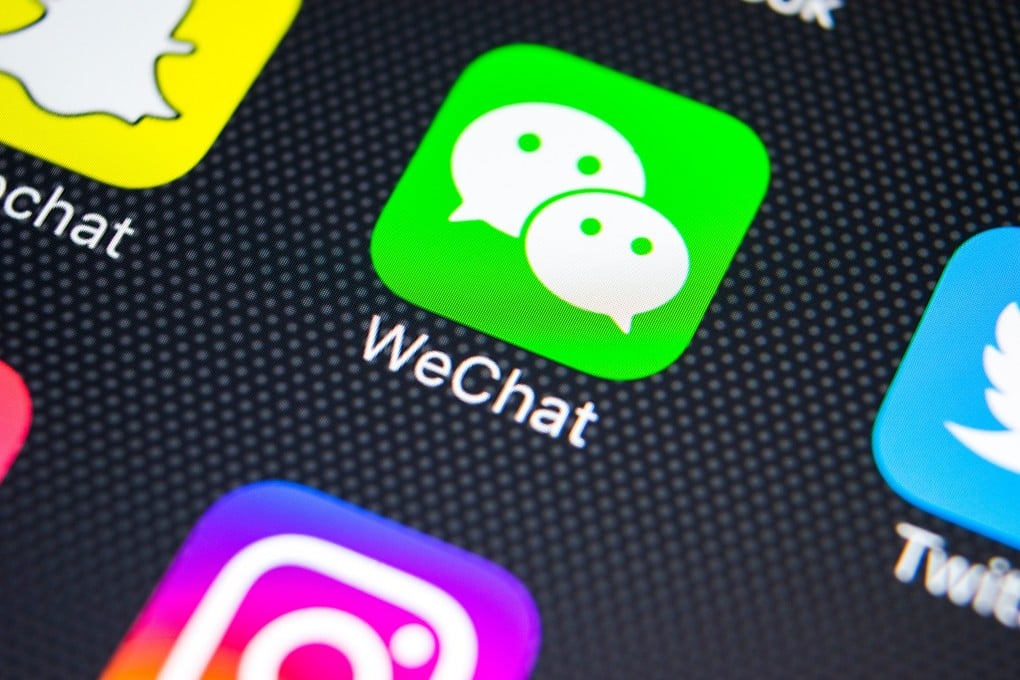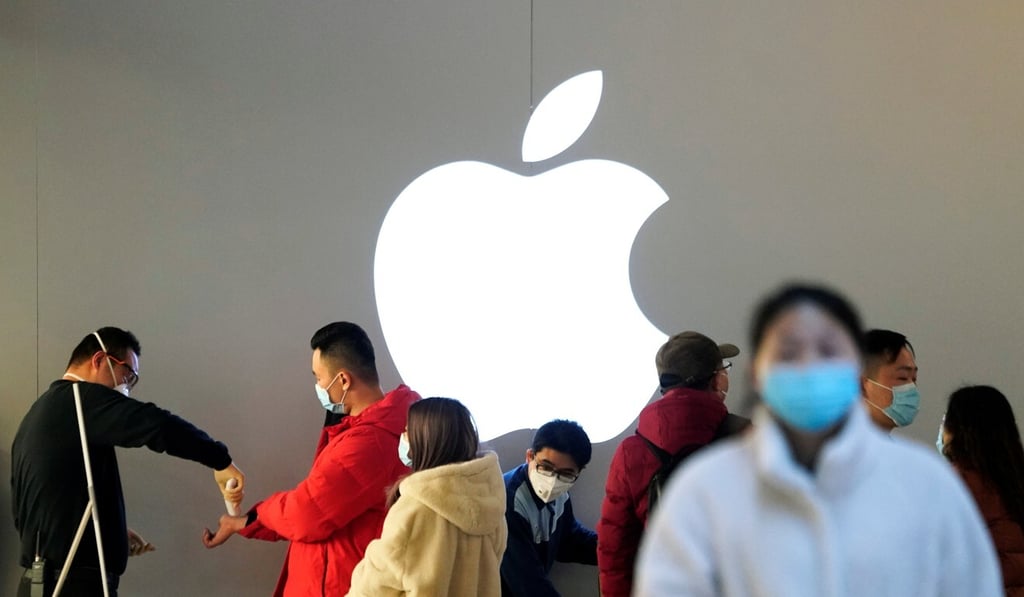Before Hey, WeChat tried to take on Apple’s App Store policies
- Some small online businesses are caught in a scuffle between Apple and Tencent over in-app purchases in WeChat

Apple is yet again facing scrutiny for what some say are anti-competitive practices related to its iOS App Store policies. The debate over the company’s 30% cut of in-app purchases has long frustrated developers around the world. This has even been true in China, where the policy has pitted it against health care providers and local tech behemoth Tencent.
It seems no matter where Apple goes, it faces similar complaints. That’s certainly true in China, where Apple continues to enjoy an avid fan base while also facing disgruntled developers.
In 2017, a Chinese law firm representing 28 local developers filed a complaint against Apple. The plaintiffs alleged Apple abused its market power and violated China’s Anti-Monopoly Law by removing apps without proper explanations and levying heavy fees.
It’s not clear how Chinese authorities addressed the complaint. Lin Wei, the managing partner at Beijing’s Dare & Sure Law Firm who led the complaint, didn’t respond to our questions about the case.
